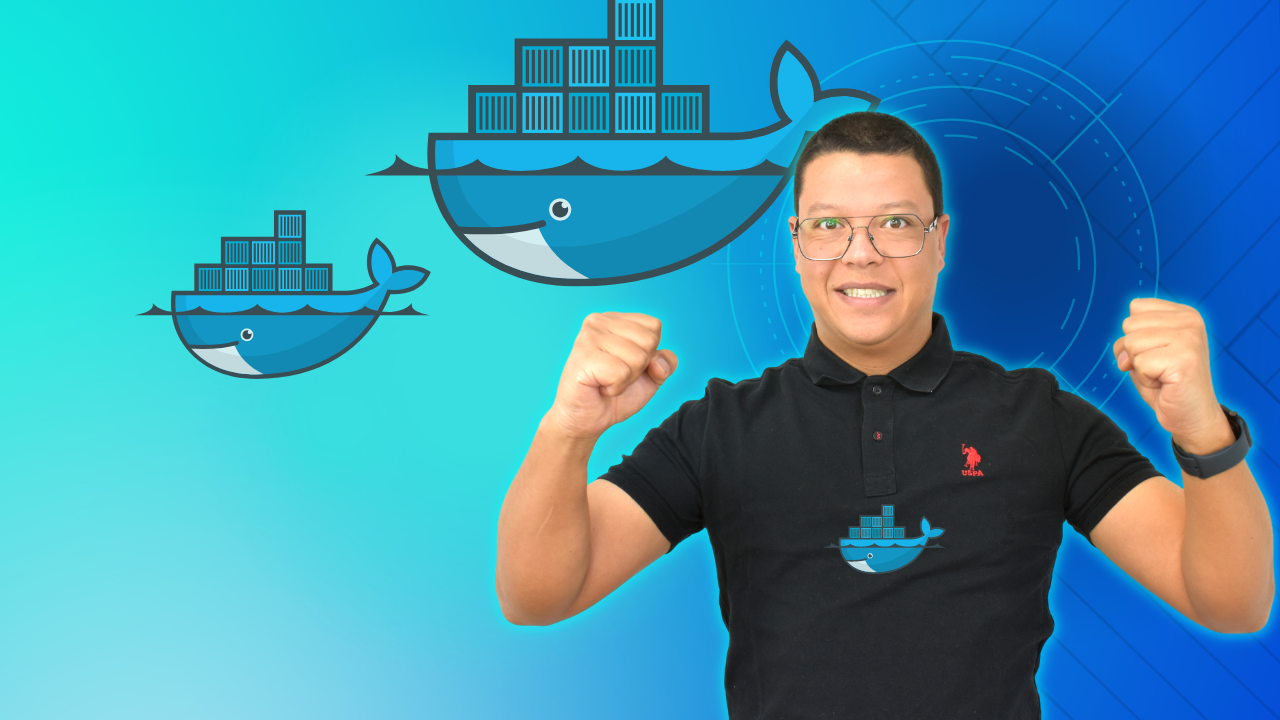What is Docker?
Docker is an open-source platform designed to automate the deployment, scaling, and management of applications using containerization. Containers are lightweight, portable, and isolated environments that package the application and all its dependencies (like libraries and system tools) together. This ensures that the application runs consistently across different computing environments, whether it’s a developer’s local machine, a testing server, or a production environment in the cloud.
Key components of Docker
- Docker Engine: The core part of Docker, it runs and manages containers.
- Docker Images: A read-only template that includes everything needed to run an application (code, dependencies, etc.). Images are used to create containers.
- Docker Containers: Running instances of Docker images. They are isolated environments that run the application.
- Docker Hub: A cloud-based repository where Docker users can store and share images.
Benefits of Docker include improved efficiency, scalability, and the ability to simplify DevOps workflows. Docker helps in maintaining consistency across development, testing, and production environments.

